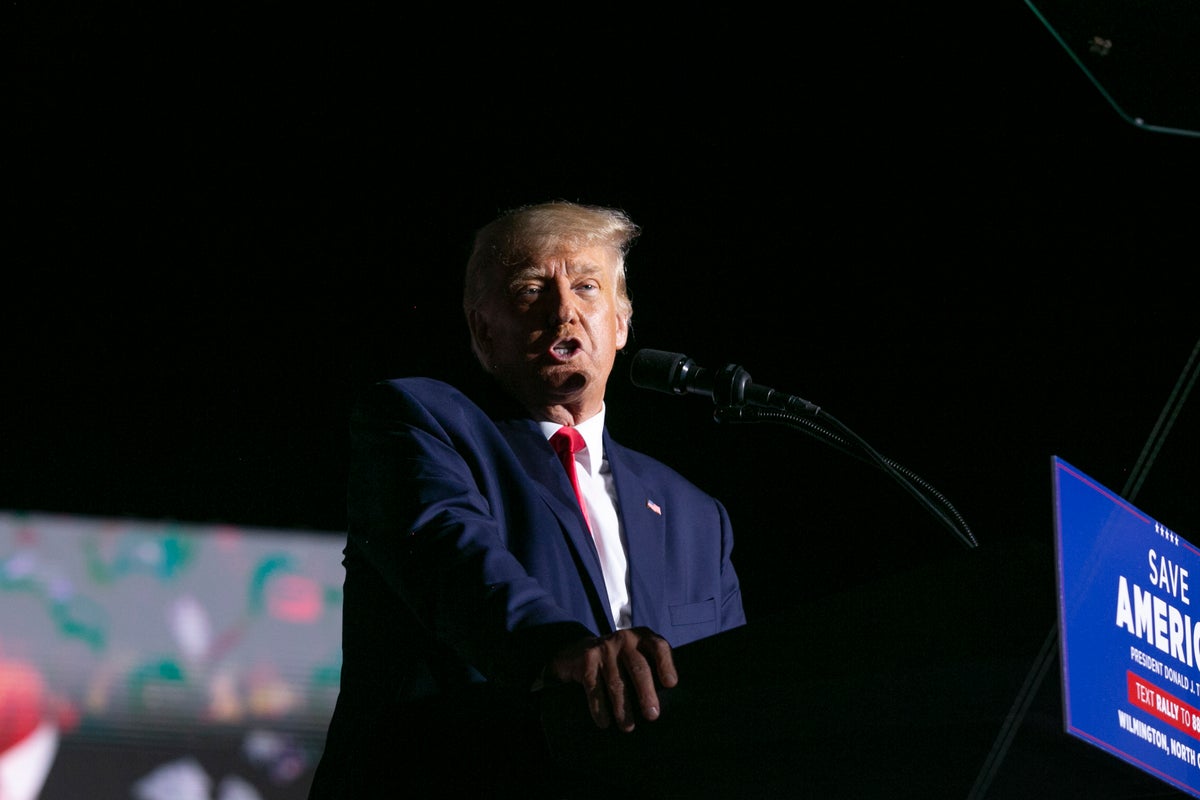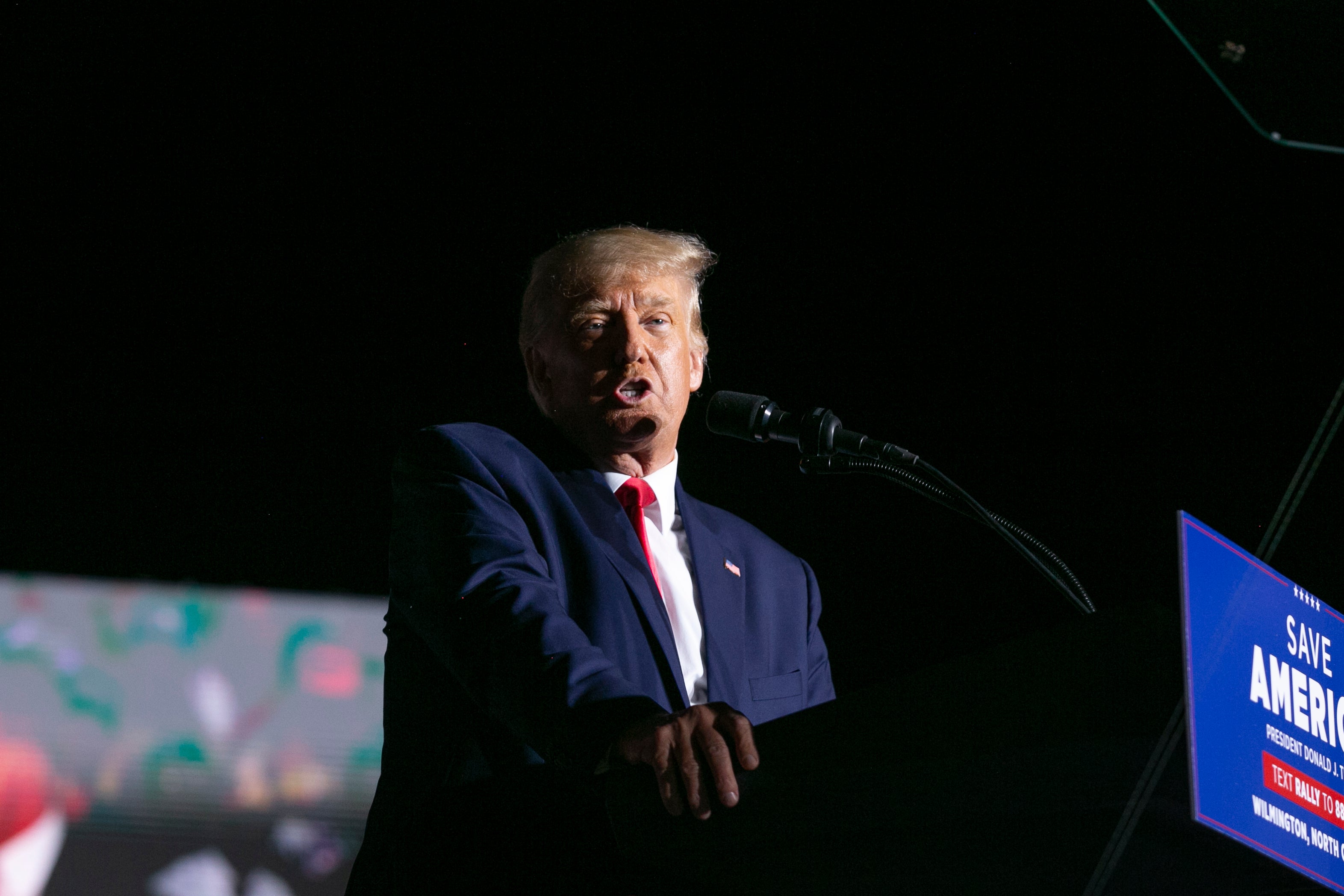
Donald Trump suggested that the reason he wanted to be president was because “nobody knows” his “rich friends,” according to an adapted excerpt from Maggie Haberman’s new book.
The New York Times journalist sat down with Mr Trump three times for her upcoming book Confidence Man: The Making of Donald Trump and the Breaking of America, which chronicles his path from New York businessman to president.
In one candid moment, detailed in an excerpt published in The Atlantic on Sunday, Mr Trump appeared to admit that it was his desire for fame that ultimately led him to enter the White House race.
“The question I get asked more than any other question: ‘If you had it to do again, would you have done it?’” Mr Trump told her about running.
“The answer is, yeah, I think so. Because here’s the way I look at it. I have so many rich friends and nobody knows who they are.”
Ms Haberman goes on to note that the former president’s first thought about his role in office was to be “a vehicle for fame”.
“Yet there it was: Reflecting on the meaning of having been president of the United States, his first impulse was not to mention public service, or what he felt he’d accomplished, only that it appeared to be a vehicle for fame, and that many experiences were only worth having if someone else envied them,” she wrote.
The journalist adds that though the “candid admission” was “jarring”, it was “ultimately unsurprising”.
When she later questioned Mr Trump about what he liked about being president, she said he answered: “‘Getting things done,’ and listed a few accomplishments.”
In the wide-ranging excerpt, Mr Trump also makes derogatory comments about his fellow Republicans including Florida Governor Ron DeSantis who he branded “fat” and “whiny” and Senator Mitch McConnell who he slammed as a “a piece of s**”.
But, in perhaps the biggest bombshell from the book excerpt, Ms Haberman reveals how Mr Trump denied taking documents from the White House when he left.
“He demurred when I asked if he had taken any documents of note upon departing the White House—’nothing of great urgency, no,’ he said,” she writes.

Mr Trump then proceeded to contradict himself by mentioning letters sent by North Korean leader Kim Jong-un which he had taken from the White House to Mar-a-Lago.
When Ms Haberman asked if he was able to take the letter with him, she says Mr Trump seemed to register her surprise and backpedaled, claiming the documents were in the National Archives.
“No, I think that’s in the archives, but … Most of it is in the archives, but the Kim Jong-un letters … We have incredible things,” he told her.
This was later revealed to be false.
In February, The Washington Post revealed that the so-called “love letters” from Kim were among “multiple boxes” of White House records seized from Mar-a-Lago by the National Archives.
Fast forward to September and a criminal investigation is now under way into the former president’s unlawful retention of government secrets.
The probe comes after federal agents executed a search warrant on his Palm Beach home in August and seized 27 boxes including 11 containing classified information.
Some of the information was of the highest possible top secret classification, meaning it should never have left the custody of the government.
In the book excerpt, Ms Haberman writes that Mr Trump also hinted that he had remained in contact with the North Korean leader even after leaving the White House.
When asked whether he still had a relationship with other world leaders, she says he insisted that he was not in contact with Russia’s Vladimir Putin or China’s Xi Jinping.
But when asked about Kim, he replied: “‘Well, I don’t want to say exactly, but …’ before trailing off.”
Ms Haberman said she later learned that Mr Trump had been telling people around Mar-a-Lago that the two men were still in contact
Confidence Man will be released on 4 October.







